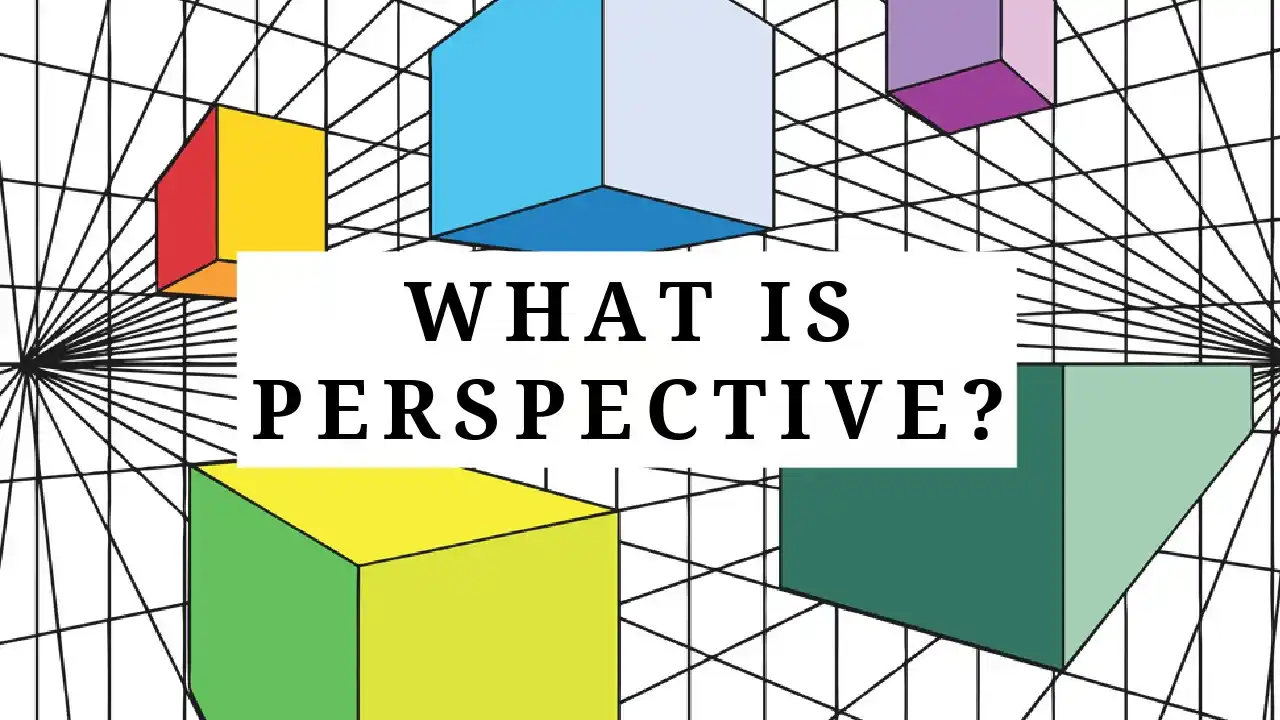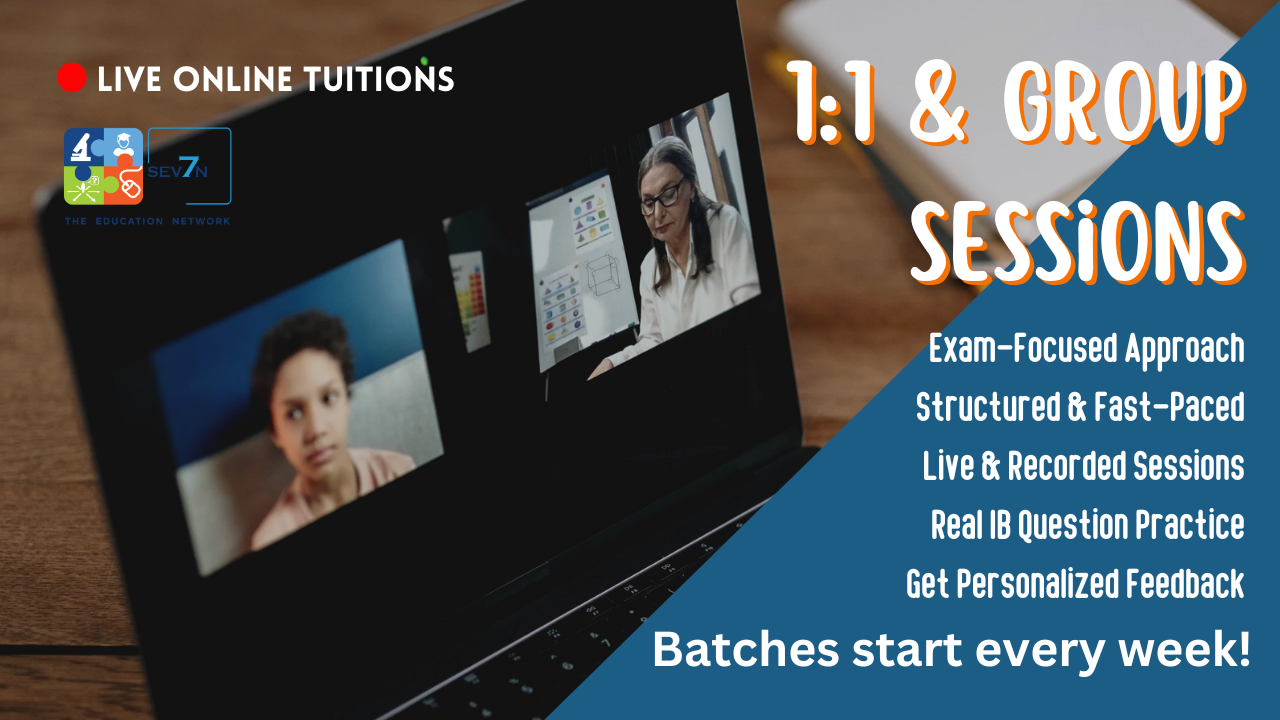Table of Contents (2 teaching hours)
- Introduction to Perspectives in TOK
- Understanding Perspective: A Reflection of Individual and Cultural Viewpoints
- Importance of Perspective in Knowledge Evaluation
- What is Perspective?
- Definition and Role of Perspective in Shaping Knowledge
- How Perspectives Emerge from Experiences, Beliefs, and Contexts
- Challenges in Balancing Subjective and Objective Perspectives
- Exploring Perspectives Across Optional Themes
Knowledge and Politics:
-
- Perspectives in Political Conflict: The Israel-Palestine Example
- Influence of Power and Ideology on Political Narratives
- TOK Class Activity: Discussing Political Issues Through Multiple Perspectives






